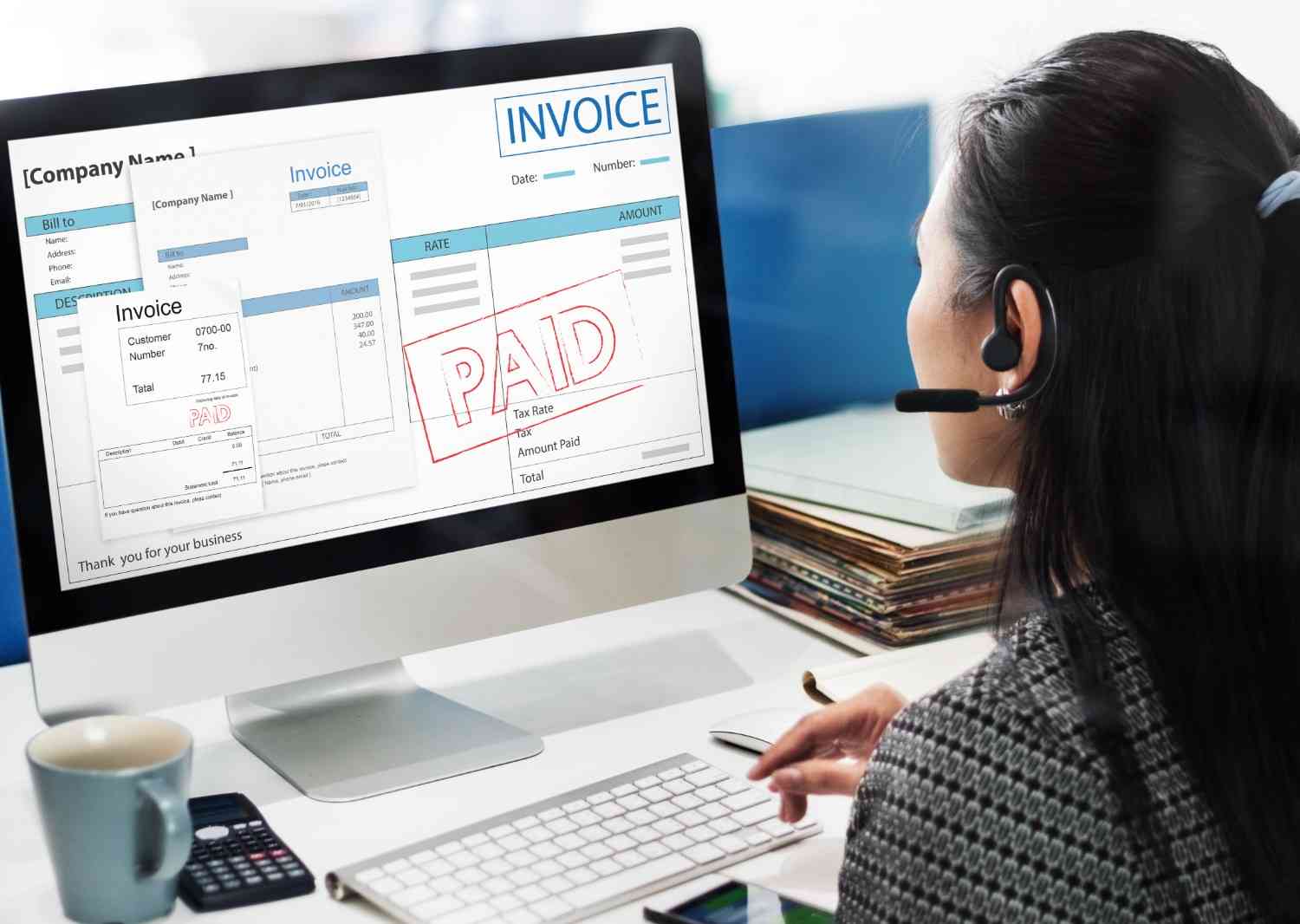As one of the leading global business hubs with world-class infrastructure and strong international connectivity, the UAE continues to attract ambitious companies from around the world. With the introduction of the Federal Decree-Law No. 47 of 2022 on UAE Corporate Tax, effective from June 1, 2023, all businesses operating in the UAE are now required to register and comply with the UAE Corporate Tax regulations to ensure full compliance and avoid penalties.
Adhering to UAE corporate tax compliance is essential for all businesses. Following compliance requirements in the UAE helps your business avoid penalties, reduce risks, and build lasting trust and long-term stability. Conversely, ignoring these compliance requirements can harm your company’s reputation and result in significant financial setbacks.
This article was prepared with the insights of Jaxa Chartered Accountants – one of the best corporate tax consultants in the UAE. It simplifies every aspect of UAE corporate tax compliance, allowing businesses to understand who needs to register, filing requirements, penalties for missing deadlines, and free zone-specific guidelines with actionable compliance tips.
Overview of Corporate Tax in the UAE
Corporate tax is a direct tax levied on the net profit generated by businesses in the UAE. Under Federal Decree-Law No. 47 of 2022, UAE corporate tax was established to improve transparency, align with international norms, and strengthen government revenue streams. All businesses are required to comply with UAE corporate tax regulations and report their taxable profits effective 1st June, 2023.
Key Highlights of UAE Corporate Tax
- Standard Rate: 9% on taxable income exceeding AED 375,000
- Standard deduction: 0% tax for profits up to AED 375,000, supporting small businesses and startups.
- Free Zone Businesses: Eligible for 0% tax on qualifying income if specific conditions are met
- Non-Taxable Entities: Government institutions and companies involved in natural resource activities are exempt from the UAE corporate tax.
- Global Compliance: Aligns with OECD guidelines, including transfer pricing rules and reporting transparency.
Who Needs to File UAE Corporate Tax?
Any business or individual with a valid UAE license may fall under UAE corporate tax. Here’s the breakdown of entities.
- Mainland Companies in UAE: Every mainland-registered business in the UAE is required to comply with UAE corporate tax regulations unless exempted by law.
- Free Zone Companies in UAE: UAE free zone businesses can benefit from 0% corporate tax on qualifying profits, provided UAE FTA compliance requirements are met.
- Offshore companies in the UAE: Offshore entities are required to comply with UAE corporate tax regulations.
- Foreign Companies & Individuals in UAE: UAE Corporate tax applies to non-residents conducting trade or maintaining business presence in the UAE.
What Steps Should Businesses Take to Stay Compliant with UAE Corporate Tax?
To maintain corporate tax compliance in the UAE, businesses must fulfill their tax obligations, meet UAE FTA deadlines, and maintain proper accounting records. Here’s a breakdown of the key requirements
- Corporate Tax Obligation Assessment: Evaluate whether the business is subject to corporate tax in the UAE and determine the corporate tax rate applicability, including qualifying vs non-qualifying income and any exemptions.
- Obtain UAE FTA TRN: All taxable businesses in the UAE are required to register for corporate tax with the Federal Tax Authority (FTA) and obtain a Tax Registration Number (TRN). Free zone entities earning non-qualifying income must also register for corporate tax. Ensure you have all necessary documents ready, including your trade license, passport copies, and other legal documents, before submission.
- Submitting UAE Corporate Tax Returns: Every taxable person in the UAE must file their corporate tax return within nine months from the end of their financial year. The return should accurately report all revenue and expenses, along with any eligible exemptions or deductions. Failure to comply with UAE corporate tax filing requirements may result in penalties or audits by the FTA.
- Accounting & Bookkeeping Compliance: Document and track financial records and ensure they comply with IFRS which is the only accepted accounting standards in UAE. Following proper accounting and bookkeeping requirements in the UAE helps to simplify UAE FTA audits and smooth corporate tax filings and submissions across the UAE and Dubai.
- Maintaining Audited Financial Statements: Accurate and timely financial records form the backbone of UAE corporate tax compliance. For large businesses and free zone companies, maintaining audited financial statements is essential. Regular audits help verify the accuracy of financial data and ensure transparency and compliance with UAE tax regulations.
- Accurate record management: To meet UAE corporate tax compliance standards, businesses should retain financial records, contracts, agreements, and transfer pricing documentation supporting deductions and exemptions.
- Settling UAE Corporate Tax Obligations: Paying corporate tax on or before the due date to prevent risks and penalties and make audits smoother.
- Transfer pricing compliance: Ensure related-party transactions comply with arm’s length standards. Maintain proper transfer pricing documentation to meet UAE corporate tax regulations.
With over 18 years of experience, Jaxa Chartered Accountants, an FTA approved tax agent in the UAE, delivers reliable corporate tax solutions for UAE businesses. Whether it’s corporate tax registration, tax return filing, or audit preparation, Jaxa ensures full compliance with UAE FTA requirements.
Understanding FTA Corporate Tax Penalties in the UAE
Non-compliance with corporate tax obligations can lead to serious penalties from the Federal Tax Authority (FTA) such as:
- Late Tax Registration: AED 10,000 penalty for delayed registration.
- Late Filing: AED 500 monthly fine (first year), rising to AED 1,000 per month thereafter.
- Late Tax Payment: monthly penalty of 14% per annum on outstanding amounts.
- Record-Keeping Failures: AED 10,000–20,000 penalties for incomplete financial documentation.
- Incorrect Returns: AED 500 penalty for misleading submissions.
Penalty Relief Provision
The UAE FTA may waive or refund the AED 10,000 delay registration penalty if a business submits its first UAE corporate tax return within seven months of the end of its first tax period.
Avoid costly penalties and stay UAE FTA-compliant with Jaxa Chartered Accountants — your trusted partner for corporate tax compliance in the UAE. From accurate bookkeeping and accounting to seamless corporate tax return filing in the UAE, we make compliance effortless.
Jaxa – Your Trusted partner for UAE corporate tax compliance
For UAE businesses, staying compliant with UAE Corporate Tax is essential for long-term success and financial stability. From UAE FTA registration to timely corporate tax return filing and maintaining accurate financial records, every step plays a vital role in ensuring complete corporate tax compliance in the UAE.
Connecting with Jaxa Chartered Accountants, a leading audit and accounting firm in the UAE and a UAE FTA-certified tax agent, ensures a seamless journey — from UAE corporate tax registration and return filing to auditing and ongoing compliance management.
Our team of expert corporate tax consultants in the UAE helps businesses stay fully compliant with UAE FTA filing requirements and deadlines. Jaxa specializes in helping businesses meet their UAE corporate tax obligations through accurate registration, tax return filing, exemption advisory, and transfer pricing documentation support.
Take the hassle out of UAE corporate tax compliance. Get Jaxa Auditors on your side and manage filings with confidence.
Maximize compliance and minimize risk. Book a FREE Consultation Now.





